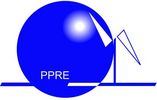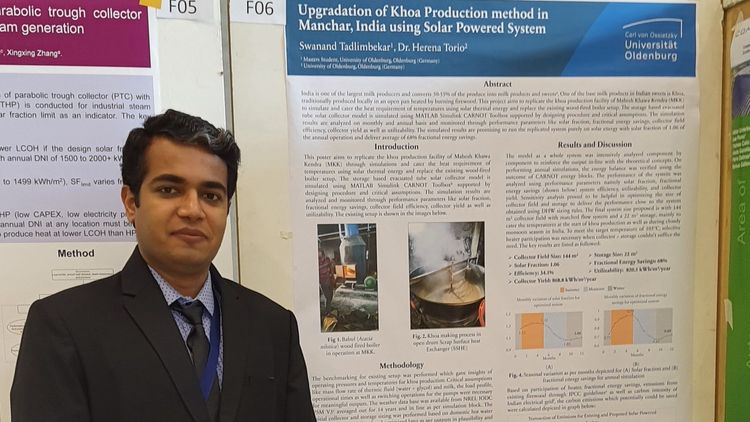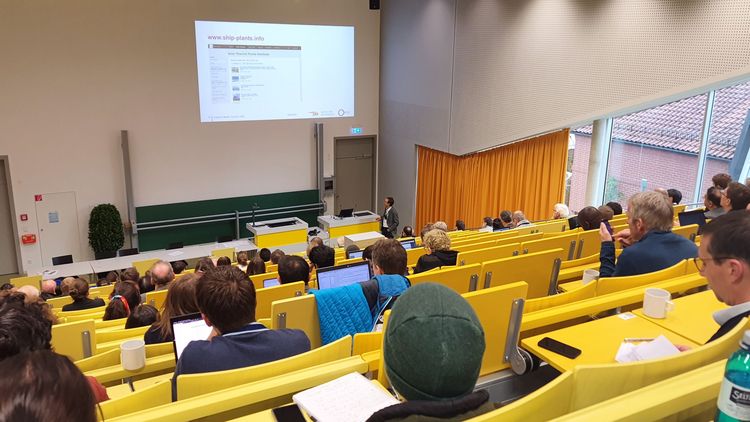Conference summary
EuroSun 2022 conference took place in University of Kassel from 25-29th September 2022. The conference conducted a parallel master’s student course which was merged onto the final days of conference and helped all the participants to gain fresh, new insights into the research and industrial ideas. The event started off with very unique ‘Solar Speed Dating’ to meet industry and research experts from the field of your interest and exchange ideas and career paths. For the days 26-28th involved conference proceedings with inauguration talks, new insights onto the direction and progress of solar energy and carbon neutrality. The morning and afternoon sessions were thoughtfully delivered through keynote talks from experts in diversified specializations and followed by presentations of selected paper presentations of the candidates. There were many parallel sessions running as many topics were accepted as a part of conference. So, it was necessary to personally select in advance what keynote and student presentations to attend as per the
relevancy. Personally, being present at the conference for poster presentation, the posters were on display and open for audience from 25th-29th and specific sessions were allotted on 26tth and 28th September to be present at the posted and interact with the audience. It was really great to talk to experts and gain insights about ideas, confidence in the project implemented as well as networking to improvise on the missing bits in the project in terms of economic analysis and implementation into reality. It was first time to participate in an international conference and interact with so many new candidates from different backgrounds. The quality of work being done simultaneously all across the world is mesmerizing as per areas touched, applications taken up as well as getting to
know the ground level organizations who were funding and promoting use of renewable energy projects. Not just in Germany but other countries like China, Egypt, India, Spain, Sweden, Turkey, Zimbabwe are doing extensive research in solar thermal. The participation of research groups, institutes and student initiatives are core driving factors to identify the problems and providing scientific solutions with the help of industrial expertise to boost the confidence into the technology.
Abstract for the poster presented
India is one of the largest milk producers and converts 50-55% of the produce into milk products and sweets. One of the base milk products in Indian sweets is Khoa, traditionally produced locally in an open pan heated by burning firewood. This project aims to replicate the khoa production facility of Mahesh Khawa Kendra (MKK) to simulate and cater the heat requirement of temperatures using solar thermal energy and replace the existing wood-fired boiler setup. The storage based evacuated tube solar collector model is simulated using MATLAB Simulink CARNOT Toolbox supported by designing procedure and critical assumptions. The simulation results are analyzed on monthly and annual basis and monitored through performance parameters like solar fraction, fractional energy savings, collector field efficiency, collector yield as well as utilizability. The simulated results are promising to run the replicated system purely on solar energy with solar fraction of 1.06 of the annual operation and deliver 68% annual fractional energy savings.



